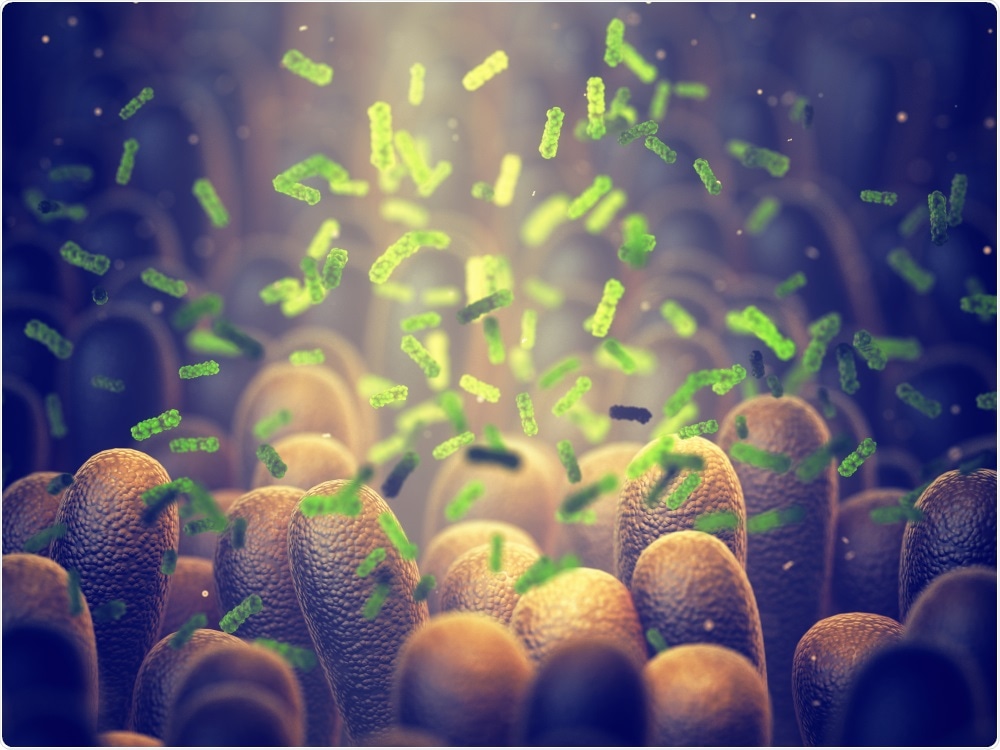Researchers have successfully detected three bacteriophages, 50 fecal metabolites, 47 bacterial species that were considerably more or less abundant in patients with major depressive disorder (MDD) when compared to healthy controls. The study involved 311 individuals.

Image Credit: nobeastsofierce/Shutterstock.com
These latest findings offer proof that MDD could be caused by disturbances in the gut microbiome. Jian Yang and collaborators also created a marker panel based on the viral, bacterial, and metabolic MDD signatures discovered by them. This panel successfully distinguished between MDD patients and controls.
An analogous biomarker-based diagnostic tool may allow physicians to better diagnose MDD, serving as a companion to clinical discussions, which often result in misdiagnosis.
Although earlier studies have noted gut microbiome disturbances in MDD patients, scientists are yet to detect the bacterial species that vary in individuals suffering from this common mental disorder or investigate whether intestinal viruses are also disturbed in MDD.
To find out more about how MDD particularly affects viral and microbial communities in the gut, and to learn more about fecal metabolic signatures, Yang and team examined genetic material from 311 fecal samples collected from 156 MDD patients and 155 healthy controls and conducted large-scale gas chromatography-mass spectrometry-based analyses of the fecal metabolites.
The team observed that MDD patients had clear differences in their bacterial composition when compared to the healthy controls, and found that they had greater higher concentrations of bacterial species that belong to the genus Bacteroides and lower concentrations of species that belong to Eubacterium and Blautia.
A greater presence of Bacteroides in the gut microbiome could explain the earlier findings why MDD patients have increased inflammation and higher cytokine levels, whereas fewer Blautia would lead to a loss of anti-inflammatory benefits.
While Yang and team did not find any major variations between the viral composition of MDD patients and control groups, they did find three bacteriophages that were less abundant in MDD individuals. The authors have called for more studies to investigate the function of these phages.
Source:
Journal reference:
Yang, J., et al. (2020) Landscapes of bacterial and metabolic signatures and their interaction in major depressive disorders. Science Advances. doi.org/10.1126/sciadv.aba8555.